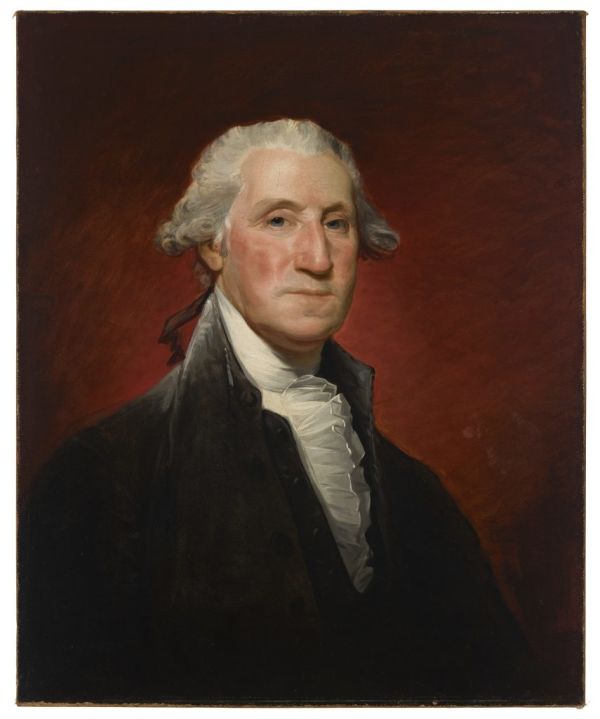Login
Login
Sign Up
Forgot Password?
You can now buy a home as an NFT
- May 05, 2022

In February, a house in Florida was sold via NFT at auction for $653,000. And this is just the beginning, according to American real estate experts.
This may seem like a far-fetched idea, but in the United States, there is a growing number of developers offering these new types of deals.
Dave Wilkes, a real estate developer in Utah, for example, is building a luxury home in Millcreek.
The 800-square-meter home will include a spa, sauna, rooftop deck and pool. To buy this property (and thus this NFT), potential homeowners will have to fork out no less than US$4 million in the form of cryptocurrency.
The house could thus become the most expensive physical property ever sold as an NFT.
The future buyers of the Millcreek home will become its real and official owners.
“Everything about the house-real estate property, the design of the house, the plans, the architecture, you know, all of the work that’s gone into the home, will be included in the NFT transaction with the buyer,” David Wilkes tells Utah Business.
This NFT will also include physical art already in the house and virtual works.
According to Wilkes, it will be possible to use the house or even sell it digitally without going through the real estate title process again.
A revolution in the real-estate sector?
It may sound impossible or simply inconceivable. But that’s overlooking the fact that blockchain has some extremely interesting features for the real estate industry.
For example, when you buy an NFT, each token is managed by what is called a smart contract that is visible to everyone.
These contracts are actually near-automatic computer protocols that facilitate, verify and execute the terms of a contract.
In the case of this Utah house, it is an LLC that will actually hold the title and its capital. But since the non-fungible token is unique, it is the owner who will have exclusive use of the property.
However, for the moment, these smart contracts are not necessarily legally enforceable, and the European Union has not yet ruled on their use.
In the future, they could represent a form of legal agreement, as various discussions are underway to provide a legal framework for these new contracts.
So, what’s the point of all this? In a traditional real estate transaction, third party intervention can increase costs for both buyers and sellers.
The main purpose of selling homes via non-fungible tokens is to make homeownership easier by providing new ways of achieving speed and transparency in the process.
As housing becomes ever more expensive, for David Wilkes, the use of blockchain in real estate could allow less affluent buyers to build wealth. For example, by acquiring fractional ownership of properties.
“I definitely think as we look forward into the future that there will be many, many different types of ownership structures for housing,” he tells Utah Business.
“I think the way that these next generations are going to own and occupy homes is going to be very different than what’s been done over the last 100 years.”
Latest News


The Met Is Selling a George Washington Portrait to Fund Its New Acquisitions
By Adam Schradee
Evolution of American Coinage: From Liberty Heads to Saint-Gaudens Double Eagles
By Liz Catalano
Become An Expert In 2 Minutes: Exploring the Special Straits Chinese Collection
By Andy Penders
